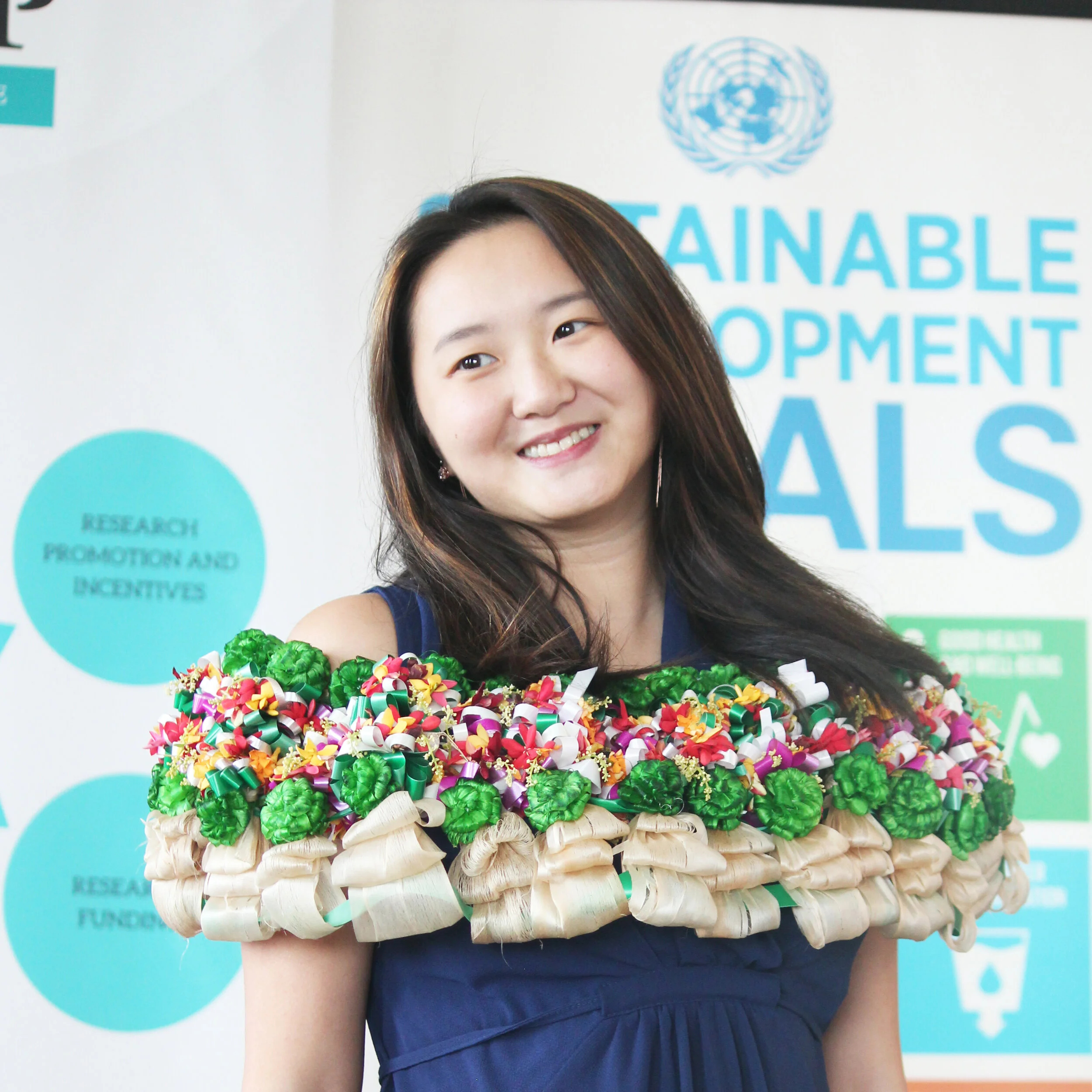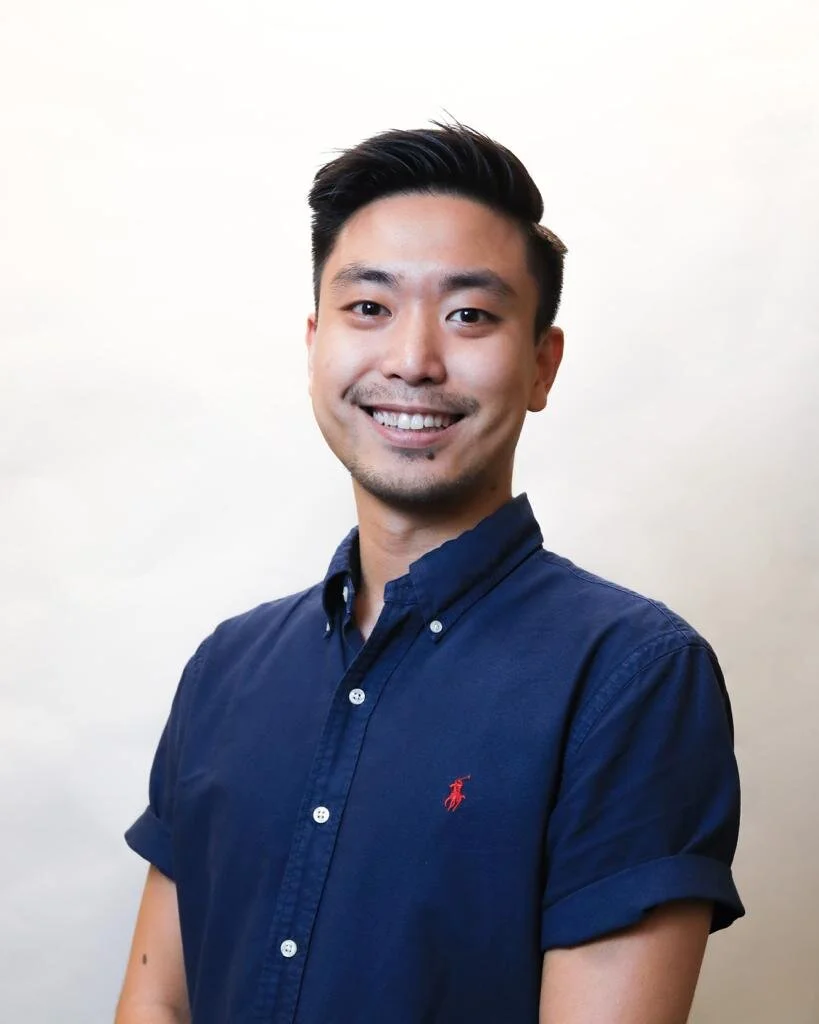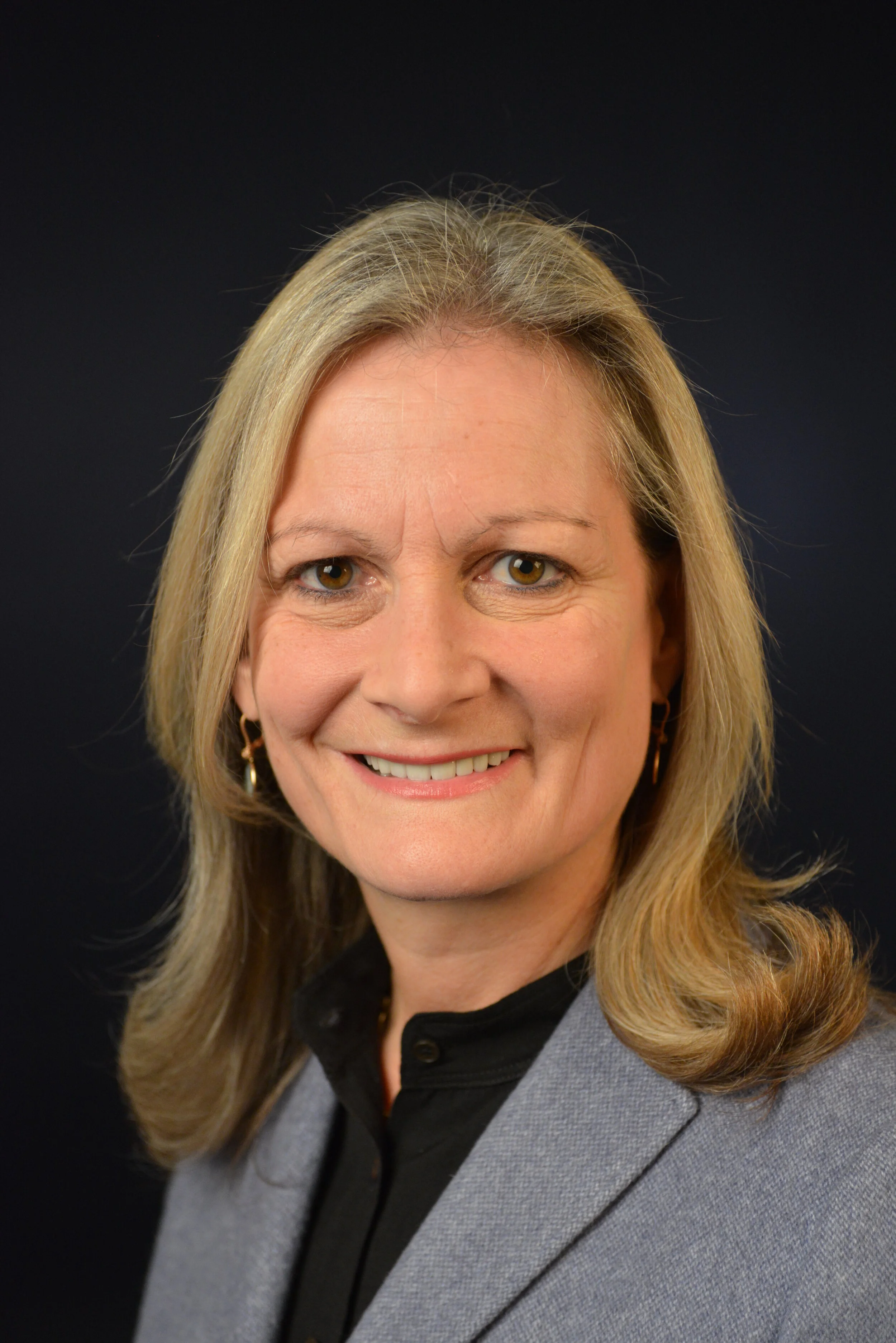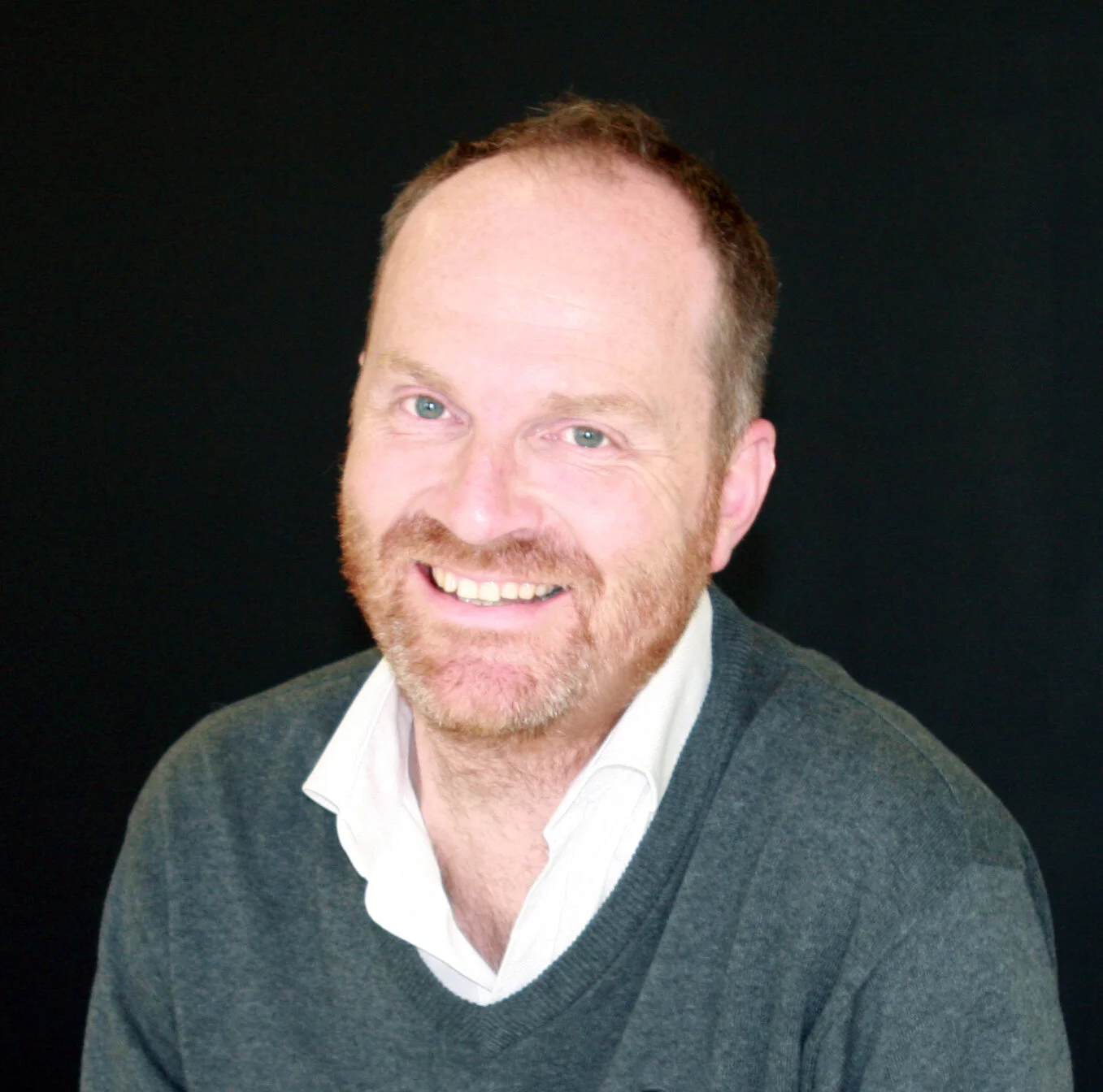Jon Feinman– Using Weight Training to Reduce Youth & Gun Violence in the United States
I had a really great interview with Jon Feinman, who is the Executive Director and CEO of Innercity Weightlifting, a non-profit based in Boston. They own and operate a few gyms around the city and work with young people who have been identified as a high risk for violence. Their programs focus on social inclusion and reducing youth violence by working with these guys (mainly guys) in the gym. They connect these young people with new networks and opportunities, including meaningful career tracks in and beyond personal training. According to them, they use the gym to replace segregation and isolation with economic mobility and social inclusion, disrupting the system that leads to urban street violence. For a little bit of background, in Boston, just 1% of youth between the ages of 15-24, are responsible for over 50% of city-wide shootings. The City of Boston has identified 300 to 400 of the city’s highest risk gang affiliated youth as “most likely to be involved in a violent act.” This is called the “Pact List” and it is this group ICW strives to serve. 97% of their students have done at least 6 months of jail time, prior to enrolling at ICW. And 100% of their enrolled students report being shot, shot at, or stabbed prior to enrolling at ICW.
This interview was recorded while Jon was in one of the gyms so you’ll probably hear a few weights and grunts in the background, don’t mind them, it’s all part of creating the atmosphere! I absolutely love the work that Jon and Innercity Weightlifting are doing. They are completely flipping the typical non-profit model on its head with the way that they are running their programs but not only are they changing the lives of the students they are working with, they are changing the lives of the clients who choose to train at the gym with the students. Jon mentions in this episode that most of the clients that come to the gym have never met someone who has been in jail before. Making this introduction and fostering a connection promotes social inclusion not just for the students, but for the clients too. Excited for you to listen to this episode!
Favorite quote from episode:
“At the heart of our program and how we grow, there is the assumption that we don’t know what’s best for our students and that they, know what’s best for themselves. We’re not the ones getting shot at. We’re not the ones that have done significant time in jail, even though we hire students that have although at an individual level, you can’t possibly truly understand what someone is going through. All you can do is really be there by their side and listen. And by listening you gain perspective and you are able to start to provide options that might not have existed before. And at the end of the day, it’s up to the person to decide which option is best for them.”
– Jon [15:45]
People/ items mentioned in this episode:
Get in contact with Jon at innercityweightlifting.org
Show notes
Jon gives us a bit of background about Innercity Weightlifting [05:10]
“Most of our students have been shot” [07:20]
“In our original business plan, it was all about weightlifting. Today we talk very little about weightlifting… it just gives us our purpose and our reason to reach out to someone, to start earning someone’s trust. It gives us a place to create hope. It gives us a community and network to start to bridge that gap and create social capital and ultimately achieve economic mobility” [15:10]
What kind of misconceptions do people have about the work that Innercity Weightlifting are doing? [23:14]
What does the future look like for ICW? What do they need to make that happen? [30:43]
“There’s plenty of people that told me that I’m crazy and that I don’t know what I’m doing. And the bit that I took from that is that, I don’t know what I’m doing. I have never been shot. I have never done time in jail. I didn’t grow up in a family income of less than $10,000 per year. There’s no way I can understand what our students are going through, there’s no way I can ever understand. What I can do is listen and respect the challenges that they are facing. And, not try and solve every challenge either. But instead just be there, and commit to being there by someone’s side. There’s a power in that.” [37:04]
Three Things [38:20]
What was your favorite quote or lesson from this episode? Let me know in the comments!















